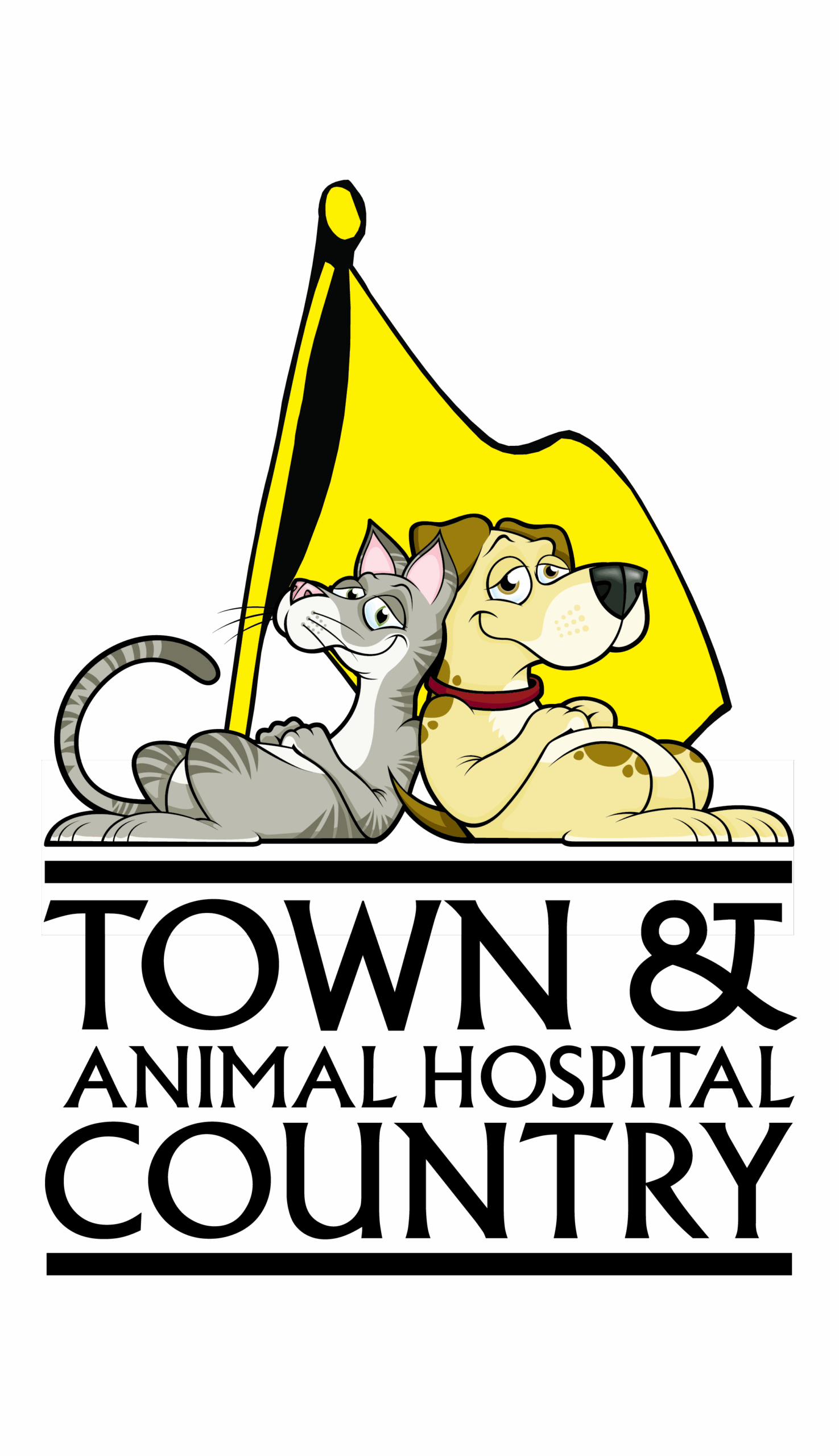Cat Dystocia Treatment
Dystocia is a Greek word meaning difficult or abnormal birth. Dystocia is defined by a slow, difficult or painful ‘queening’. Pregnancy length in the queen is approximately 9 weeks (65 – 67 days). Longer or shorter gestational lengths usually result in high kitten death. There is a higher rate of dystocia in breeds with short or flat faces (brachycephalics, like Persians) compared to cats with longer muzzles. Cats typically don’t respond as well to medical management of dystocia like dogs and usually require surgical intervention.
Illness, malnutrition, parasite infection and obesity will increase the risk of dystocia in the queen. Previous pelvic injuries that narrow the diameter of the pelvis can potentially cause dystocia. Very large litters may cause the uterus to become tired (uterine inertia). Very small litters may cause the development of kittens that are too large to pass through the pelvis. Fetal deformities, fetal death, and abnormal fetal presentation may also cause dystocia. These situations usually require surgical intervention to resolve.
In rare cases, the uterus may twist. This is called uterine torsion. It typically happens late in pregnancy or during delivery. One or both uterine horns may also protrude or hang out from the vulva. This is called uterine prolapse and can only happen during or shortly after delivery. Both uterine torsion and uterine prolapse are emergency situations and require immediate veterinary attention. These conditions are life-threatening to both the queen and her unborn kittens.
Typically, a queen will have a kitten every two hours, similar to dogs. However, if a queen is stressed or disturbed, her delivery process may stop for a period of time. The longer the delay is between kittens, the greater the risk of fetal stress and potential death.
Dr. Deirdre Carver-Raffa is our in-house theriogeologist at Town and Country Animal Hospital and a Board Certified Diplomat of the American College of Theriogenologists. A true reproductive expert, she is the only veterinarian with these credentials in the Naples/ Bonita Springs/ Estero area. If you have any questions about dystocia or any other reproduction issues, from breeding timing to surgical A.I., etc., please call our office at (239) 353-5060 to schedule an appointment with Dr. Carver-Raffa.










